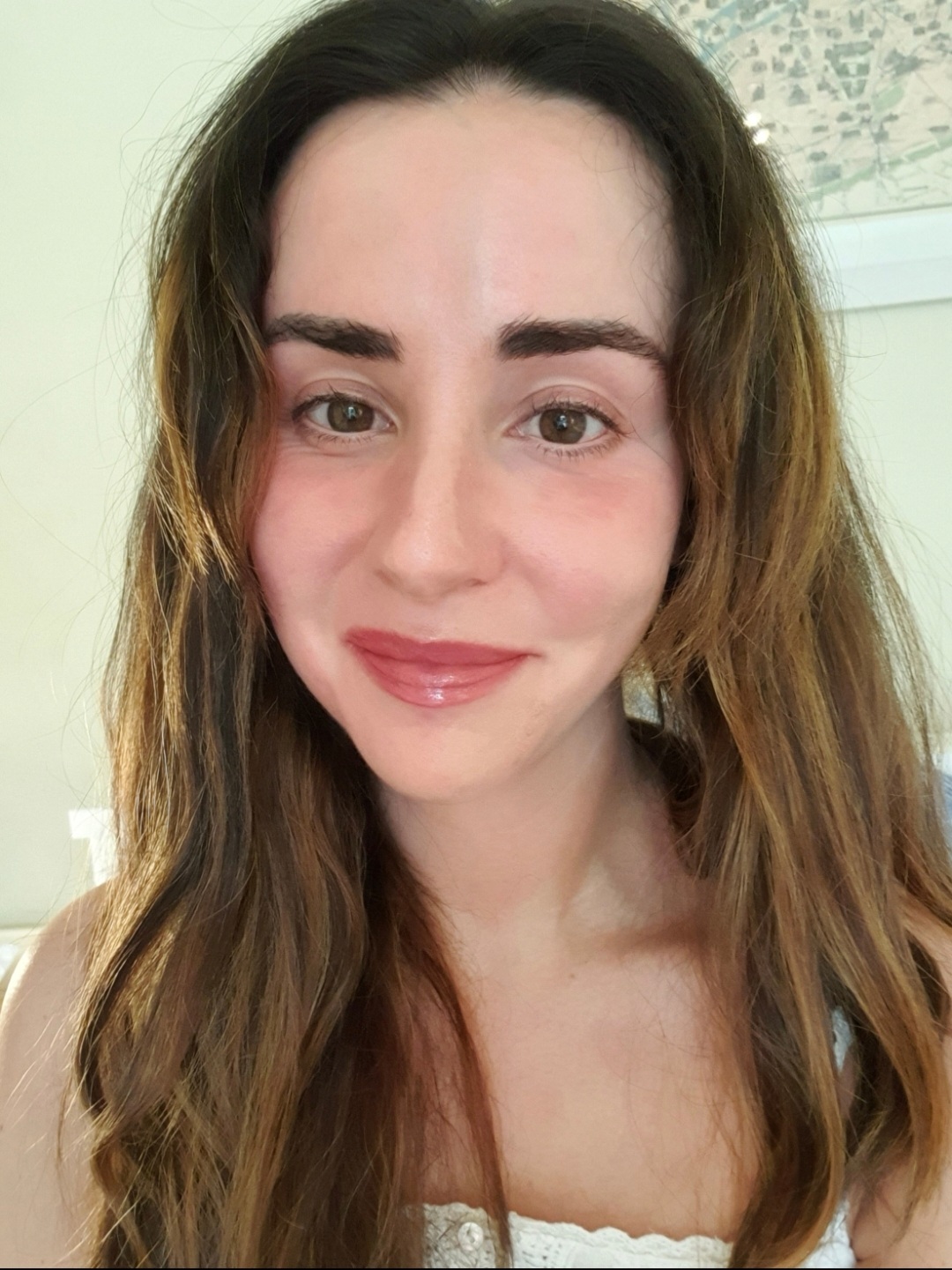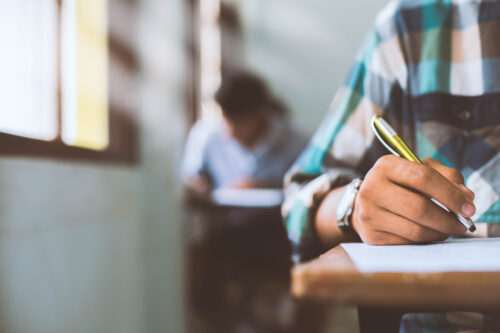
By Katie Abrahams
I have a Fatty Acid Oxidation Disorder (FOD), called LCHAD. My disease is considered serious, and causes retinopathy in many surviving patients. Growing up I looked different, as I was fed by a feeding tube until I was 11. I’m used to being different, looking different, learning in a different way. Unfortunately, when it comes to being treated differently, the most pernicious and inexplicably cruel interactions are usually related to my retinopathy. July is a prime time to write about these issues as it marks both Disability Awareness Month, and FOD Awareness Month.
Important research (by AHEAD) reveals only 1.8% of Irish students registered with HEI disability services have a vision impairment or are blind, making us the least represented group. Furthermore, those with sight loss in Ireland suffer from exceptionally low employment at less than 25%. Education is essential to help us tackle life-long risk of isolation and hardship, including health poverty and food scarcity.
It is not an understatement to say those with vision impairment are dependent on the goodwill and honesty of each individual they encounter along their journey toward, and through, the higher education system. My student experience has been positive overall, so it is easy for me to state with certainty what worked for me. A shared can-do approach, a culture of willingness to listen to my needs, an accessible designated disability service that consistently communicates with academic teaching staff are key. I have experienced the best of what the education system can offer.
 Those who have experienced ‘othering’ will know that it represents the worst of the education system. I have experienced othering several times, including in one instance when I had made an appointment to see a member of academic staff to discuss my retinopathy, and its implications on an exam – which required students to examine complex diagrams with small, poorly contrasted labels under strict time limitations. The academic staff member – who had no medical degree – aggressively called into question the concept of blind spots. He subjected me to a prolonged, on-the-spot exam, asking me to state what I saw, when I saw it, and point accordingly. I was instructed to repeat this under intense scrutiny. I appreciate retinopathy can be hard to grasp for those without the relevant training or direct experience. I consistently repeated and clarified the aspects of my retinopathy. I related the blind spots, the depth perception problems, the need for contrast. When he lost interest, it was abrupt. His simple judgment was; ‘’I just don’t understand how you can see some things and not others’. I said, ‘’That is what blind spots do’’. However, it made no difference and that is the point. When you are othered in the education system, it always comes down to a simplistic, fixed judgement. It is not ignorance itself that is the barrier, it is the attitude that accompanies it – that, because we represent something different and unfamiliar, we are not to be trusted, inferior, and even threatening.
Those who have experienced ‘othering’ will know that it represents the worst of the education system. I have experienced othering several times, including in one instance when I had made an appointment to see a member of academic staff to discuss my retinopathy, and its implications on an exam – which required students to examine complex diagrams with small, poorly contrasted labels under strict time limitations. The academic staff member – who had no medical degree – aggressively called into question the concept of blind spots. He subjected me to a prolonged, on-the-spot exam, asking me to state what I saw, when I saw it, and point accordingly. I was instructed to repeat this under intense scrutiny. I appreciate retinopathy can be hard to grasp for those without the relevant training or direct experience. I consistently repeated and clarified the aspects of my retinopathy. I related the blind spots, the depth perception problems, the need for contrast. When he lost interest, it was abrupt. His simple judgment was; ‘’I just don’t understand how you can see some things and not others’. I said, ‘’That is what blind spots do’’. However, it made no difference and that is the point. When you are othered in the education system, it always comes down to a simplistic, fixed judgement. It is not ignorance itself that is the barrier, it is the attitude that accompanies it – that, because we represent something different and unfamiliar, we are not to be trusted, inferior, and even threatening.
It is an utterly heart-breaking, hopeless, claustrophobic and precarious position for any visually impaired student to find themselves in, because we know how hard it is to change attitudes.
One of the concerns I have for students with vision impairment/blindness in Ireland is the persuasive power of social media and tokenism that can be utilised by HEIs to present themselves as disability champions. Tweets, re-shares, or ‘equality, diversity and inclusion’ pledges should be considered with a healthy degree of cynicism. They are easy to create, they are convincing to those without direct experience of being othered because of a disability. In addition, public showboating can be used to dismantle a student’s right to self-advocacy.
 I believe there can be measures taken to identify and address issues of access and outcome inequality for vision impaired students. It is crucial that students are granted the opportunity to provide feedback and have reason to hope for positive change. It would be of enormous benefit if independent organisations, such as the NCBI who are more informed on vision impairment/blindness, could invite students to share their experiences, e.g in an annual survey. The findings from each annual feedback survey may be published, highlighted to the Government, and actioned. With HEI-orchestrated feedback avenues, students may fear more isolation, denigration, and may already feel their attempts at advocacy have been fruitless.
I believe there can be measures taken to identify and address issues of access and outcome inequality for vision impaired students. It is crucial that students are granted the opportunity to provide feedback and have reason to hope for positive change. It would be of enormous benefit if independent organisations, such as the NCBI who are more informed on vision impairment/blindness, could invite students to share their experiences, e.g in an annual survey. The findings from each annual feedback survey may be published, highlighted to the Government, and actioned. With HEI-orchestrated feedback avenues, students may fear more isolation, denigration, and may already feel their attempts at advocacy have been fruitless.
Whilst it took a pandemic for many HEIs to seize upon the accessibility benefits afforded by computers, online platforms, and AT, those of us with vision impairment have long known their value because such technology can equalise the playing field for us. Students with VI are motivated, adaptive, and discerning, and bring value to the education system. When the education system collectively understands that ‘different’ is not antithetical to ‘capable’, meaningful action and results are possible.